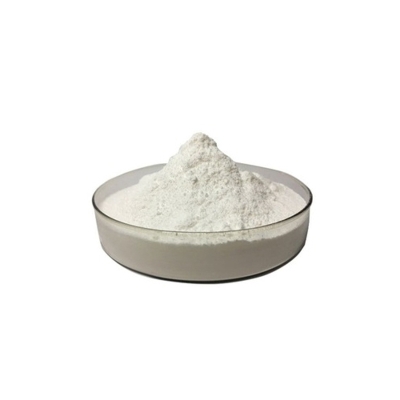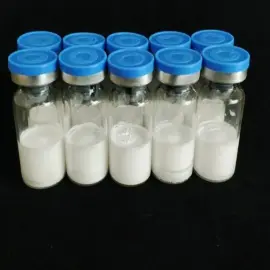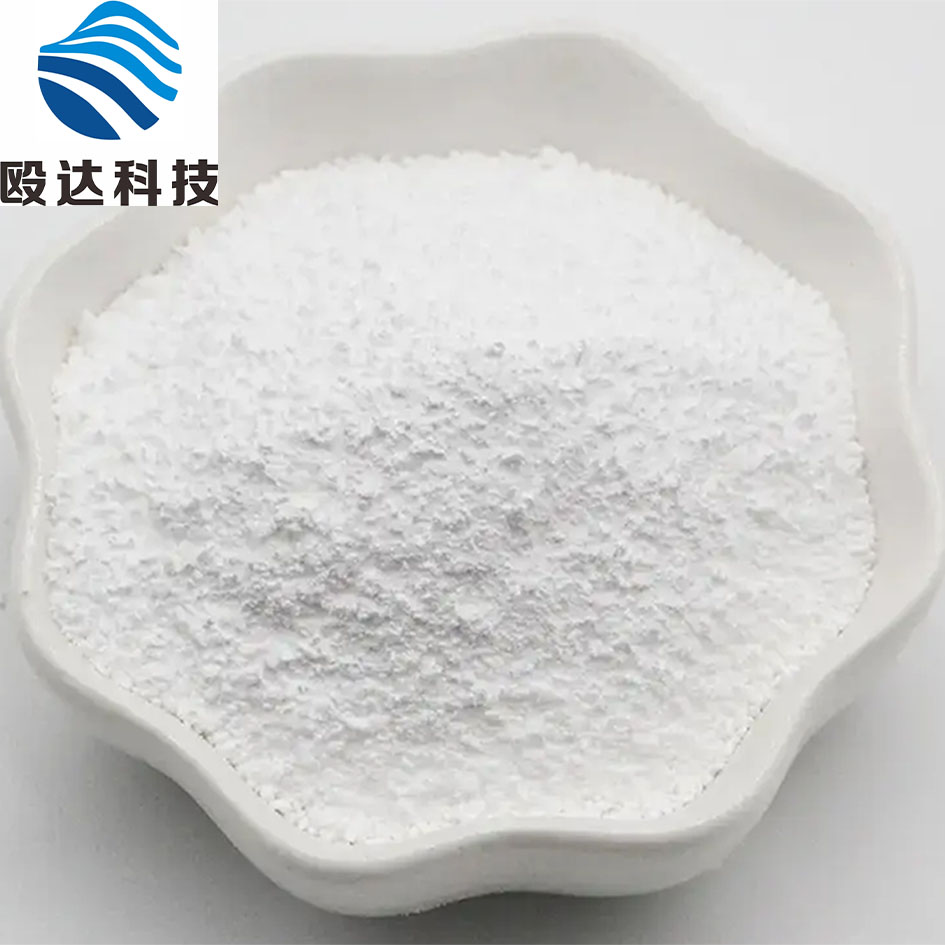-
Categories
-
Pharmaceutical Intermediates
-
Active Pharmaceutical Ingredients
-
Food Additives
- Industrial Coatings
- Agrochemicals
- Dyes and Pigments
- Surfactant
- Flavors and Fragrances
- Chemical Reagents
- Catalyst and Auxiliary
- Natural Products
- Inorganic Chemistry
-
Organic Chemistry
-
Biochemical Engineering
- Analytical Chemistry
- Cosmetic Ingredient
-
Pharmaceutical Intermediates
Promotion
ECHEMI Mall
Wholesale
Weekly Price
Exhibition
News
-
Trade Service
Pharmaceutical Network Market Analysis: The third batch of national collection will be officially opened on August 20.
collection includes 56 varieties, 81 product regulations, involving 25 original research enterprises, more than 140 domestic "over-evaluation" enterprises.
of which metformin this collection competition is fierce, a total of 27 over-rated manufacturers competed for 8 shortlisted enterprises.
other bright spot is the number of varieties involved in large multinational pharmaceutical companies such as Pfizer, AstraZenein, Novartra, Mercerton and Lilly among the original research enterprises.
industry believes that the collection will have a greater impact on the profitability of these multinational enterprises involved in varieties, the third batch of harvesting is expected to be more intense competition than in previous years.
From the wait-and-see to participate in the war, the attitude of multinational pharmaceutical enterprises more and more "clear" (source: pharmaceutical network) under the collection, multinational pharmaceutical companies from the wait-and-see attitude to participate in the war is not difficult to see, from the "4 plus 7" with volume procurement pilot to "4 plus 7" with the purchase of the national expansion, as well as to the second batch, the third batch of collection gradually pushed away, the collection gradually normalized, the scope of the winning varieties continue to expand.
background, multinational pharmaceutical companies that used to lie down and earn money can no longer hold a wait-and-see attitude.
some multinational pharmaceutical companies have sniffed out the smell and actively laid out.
in the "4 plus 7" pilot, only AstraZene, Baishi Meishi two original research enterprises were shortlisted.
expansion of the 4-plus-seven, more multinational pharmaceutical companies actively participate in the war, including Sanofi, Mercer east, Lilly and other enterprises, and many through low-cost entry to obtain the corresponding market.
previously, Sanofi officials had said they would offset a decline in sales in the "4 plus 7" pilot city's public health facility market by increasing sales for Sanofi through the strength of the county market and community health centers in non-pilot areas.
And in the "4 plus 7" national expansion, Sanofi took the initiative to participate in the bidding, through the low-cost exchange of the market, its two drugs Bolivi (hydrohydrochlorpira) and Ambono (Ebesatan hydrochloroquine) successfully won the bid, and at a low price competition to squeeze out the domestic enterprises of chlorpyrenidrate.
industry believes that under the normalization of collection, multinational pharmaceutical companies are gradually learning and adapting to the rules of collection, strategy and autonomy in China and price strategy will be more flexible.
multinational pharmaceutical companies to disclose the first two quarters, half-yearly report card, part of the performance affected by the collection, then, the collection of multinational pharmaceutical companies will bring what impact? In fact, the impact of band purchase on multinational pharmaceutical companies has already been shown.
For example, at the end of April, Sanofi reported that in the Chinese market, Sanofi China's overall revenue fell 14.4 percent to 680 million euros in the first quarter, driven by sharp price reductions in products such as Clopidogre, Ebersathan/Ebeshatan hydrochloroquine.
, Clopidogre fell by 53.5 per cent and Ebersathan/Ebesatan hydrochloroquine by 32.7 per cent.
addition, Sanofi's Grameen fell 13.2 percent in china in the first quarter on the impact of domestic companies because it did not participate in the second round of mining offers.
reported second-quarter 2020 results on August 4th, with group sales of EUR 10,054 million, down 2.5% year-on-year.
both pharmaceutical and consumer health care businesses fell, down 8.8 percent and 1.9 percent year-on-year, respectively.
report noted that the decline in revenue in the second quarter was mainly due to the impact of the outbreak and harvesting policies.
so far, multinational pharmaceutical companies such as Johnson and Johnson, Bayer, Sanofi, Novartra, Mercerton and AstraZeneco have disclosed their 2020 mid-year results, which are highly divided overall.
six of these companies, Roche, Johnson and Johnson, Mercer, Bayer, Pfizer, Novarro and Sanofi, have recorded declining revenues, while AstraZenein, Amway and AbbVie have maintained positive growth.
some multinational pharmaceutical companies also mentioned in their reports that performance had been affected by the harvest.
, novarhua's first-half 2020 results, released at the end of July, showed global revenues of $23.63 billion, up 3% year-on-year.
, Sandx's generics business generated revenue of $4,687 million, down 2 percent from a year earlier, mainly due to a decline in the purchase and retail business of related drugs in the second quarter.
The grass-roots level will become a new battleground for pharmaceutical companies under the pressure of volume procurement, pharmaceutical companies, including the original research enterprises are seeking transformation, including multinational pharmaceutical companies in recent years, including the transformation towards research and development innovation, divestiture of non-core business, "product-centric" to "patient-centric" transformation, and for the Chinese market, these enterprises are more inclined to turn to the grass-roots level.
For example, in early April, AstraZenewan announced an insider transfer plan to open up more job opportunities to the county market in the second quarter, with performance that meets certain standards, and interested employees who can apply directly without the approval of a line manager."
industry believes that, on the other hand, this is a big strategy for AstraZenewan to deal with volume sourcing.
, multinational pharmaceutical companies such as Novarlow, Pfizer, Lilly and Bayer have already targeted grass-roots markets.
industry data show that in 2019, China's primary public hospital market size of nearly 200 billion yuan, in China's pharmaceutical market accounted for more than 10%, and growth of more than 8%, significantly higher than pharmacies and public hospitals market.
industry believes that with the implementation of policies such as graded diagnosis and treatment, drug catalog up and down, the grass-roots drug market will explode, will also become a major pharmaceutical companies a new battleground.
conclusion, more and more multinational pharmaceutical companies have changed their wait-and-see attitude, willing to lower their posture and strive to be shortlisted, when the competition between the original research drugs and generic drugs will be more intense.
if the proposed third batch of multinational pharmaceutical companies involved in the large varieties of winning bids, enterprises may be able to reconstruct the market and price pattern.
For example, into the collection catalog of Capetabin sales of more than 3 billion, its procurement scale of 1,062 million yuan, from the collection list, Roche will participate in the bidding, once it won the bid, or to improve the profitability of the variety.
industry analysis that multinational pharmaceutical companies in the third batch of large price reduction is very likely, because there have been domestic fist products were squeezed out of the original drug after the painful experience, such as Xinlitai's clopidogrein in the expansion of the bid, the company's market has been affected.
first quarter, Xinlitai's net profit fell 53.33 percent year-on-year in the January-March 2020 period, with the company contracting by 27.13 percent.
this time, coupled with new health insurance regulations, the attitude of foreign pharmaceutical companies will become more "clear."
.







